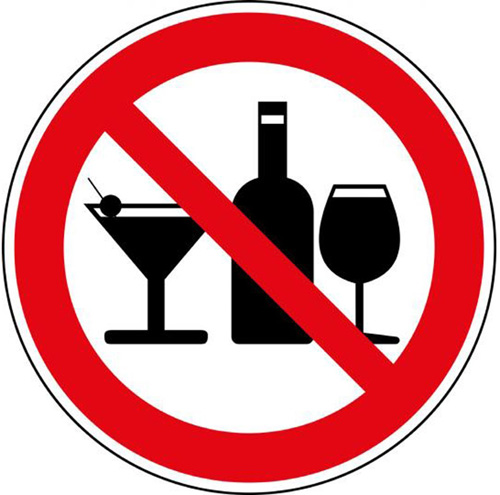NICOTINE ADDICTION
17.11.2016 | Heading: Information
Nicotine addiction is called a serious disease, which is curable though, but without making every effort it is quite difficult to do this. Physical dependence on nicotine is very high. This is the state, in which some physiological functions are associated with the intake of substances into the body, contained in tobacco. Smoking a cigarette, a person experiences pleasure, associated with the effect of the drug on certain brain receptors. However, in the absence of the drug, the body begins to behave differently: pain sensitivity worsens, performance decreases, that is, the body requires doping. In small doses, nicotine has a stimulating effect on the human autonomic nervous system. Regularly entering the body, nicotine causes increased heart rate, increases blood pressure, constricts blood vessels and reduces appetite. Nicotine increases blood cholesterol levels.





































Comments (1) (0) »